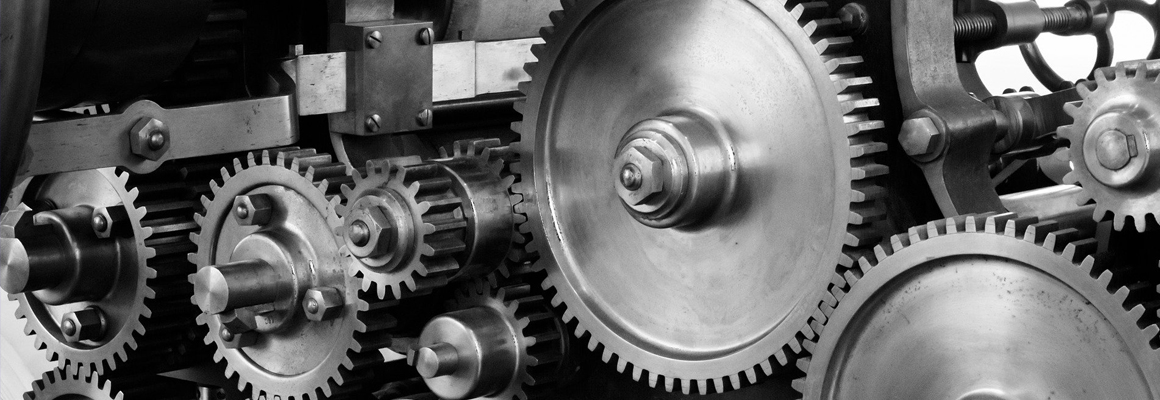125mm Flap Discs vs. Traditional Grinding Wheels: Which is Better?
When it comes to choosing the right tool for metal finishing and surface preparation, many users find themselves debating between 125 mm flap discs and traditional grinding wheels. The right choice often depends on specific needs and intended applications.
If you want to learn more, please visit our website 125 mm flap discs.
1. What are 125 mm flap discs?
125 mm flap discs are abrasives made with overlapping pieces of sandpaper or abrasive material. These overlapping flaps create a flexible surface that can adapt to various contours, making them great for different types of surface preparation and finishing tasks.
2. How do traditional grinding wheels differ from flap discs?
Traditional grinding wheels are rigid discs made from bonded abrasive particles. They are designed primarily for grinding and cutting metal or other hard materials. Unlike flap discs, they do not have a flexible structure and can be more aggressive in their cutting action.
3. What are the advantages of using 125 mm flap discs?
There are several advantages to using 125 mm flap discs, including:
- Flexibility: The flaps allow the disc to conform to the surface, making it easier to reach contours and shapes.
- Less Heat: Flap discs typically generate less heat compared to traditional grinding wheels, which helps in preserving the integrity of the material being worked on.
- Versatility: They can be used for a variety of applications such as grinding, polishing, and finishing.
- Longer Lifespan: Due to their design, flap discs often last longer than traditional wheels, providing better value over time.
4. What are the limitations of flap discs?
While 125 mm flap discs have many advantages, they also have some limitations:
Further reading:top uPVC profiles Solution
Contact us to discuss your requirements of flap disc. Our experienced sales team can help you identify the options that best suit your needs.
- Less Aggressive: They may not be as effective for removing heavy stock or cutting through harder materials compared to grinding wheels.
- Cost: Flap discs can be more expensive upfront than traditional grinding wheels, though they may save money in the long run due to their lifespan.
5. When should you use traditional grinding wheels instead?
In some situations, traditional grinding wheels may be more appropriate, including:
- Heavy Stock Removal: When dealing with thick materials that need to be quickly reduced in size.
- Precision Work: For tasks requiring a very sharp edge or highly accurate cuts.
6. Which option is better overall?
The choice between 125 mm flap discs and traditional grinding wheels depends on the specific task at hand. For general use, where flexibility and a smooth finish are required, 125 mm flap discs offer excellent performance. However, for situations that demand speed and power in material removal, traditional grinding wheels may be the better option.
7. How do you choose the right flap disc?
When selecting a flap disc, consider the following factors:
- Material: Ensure the abrasive material is suitable for the workpiece, whether it's metal, wood, or composites.
- Grit Size: Choose the grit size based on the level of finish desired; finer grits provide a smoother finish.
- Backing Type: Look for options that best suit your tool, whether it's velcro, a screw-on type, or a direct fit.
Conclusion
In summary, both 125 mm flap discs and traditional grinding wheels have their unique strengths and weaknesses. Understanding your specific needs is key to selecting the right tool for your project. Whether you prioritize flexibility or aggressive material removal will determine your choice.
Want more information on can metal cutting disc cut wood? Feel free to contact us.
205
0
0
All Comments (0)
If you are interested in sending in a Guest Blogger Submission,welcome to write for us!




Comments